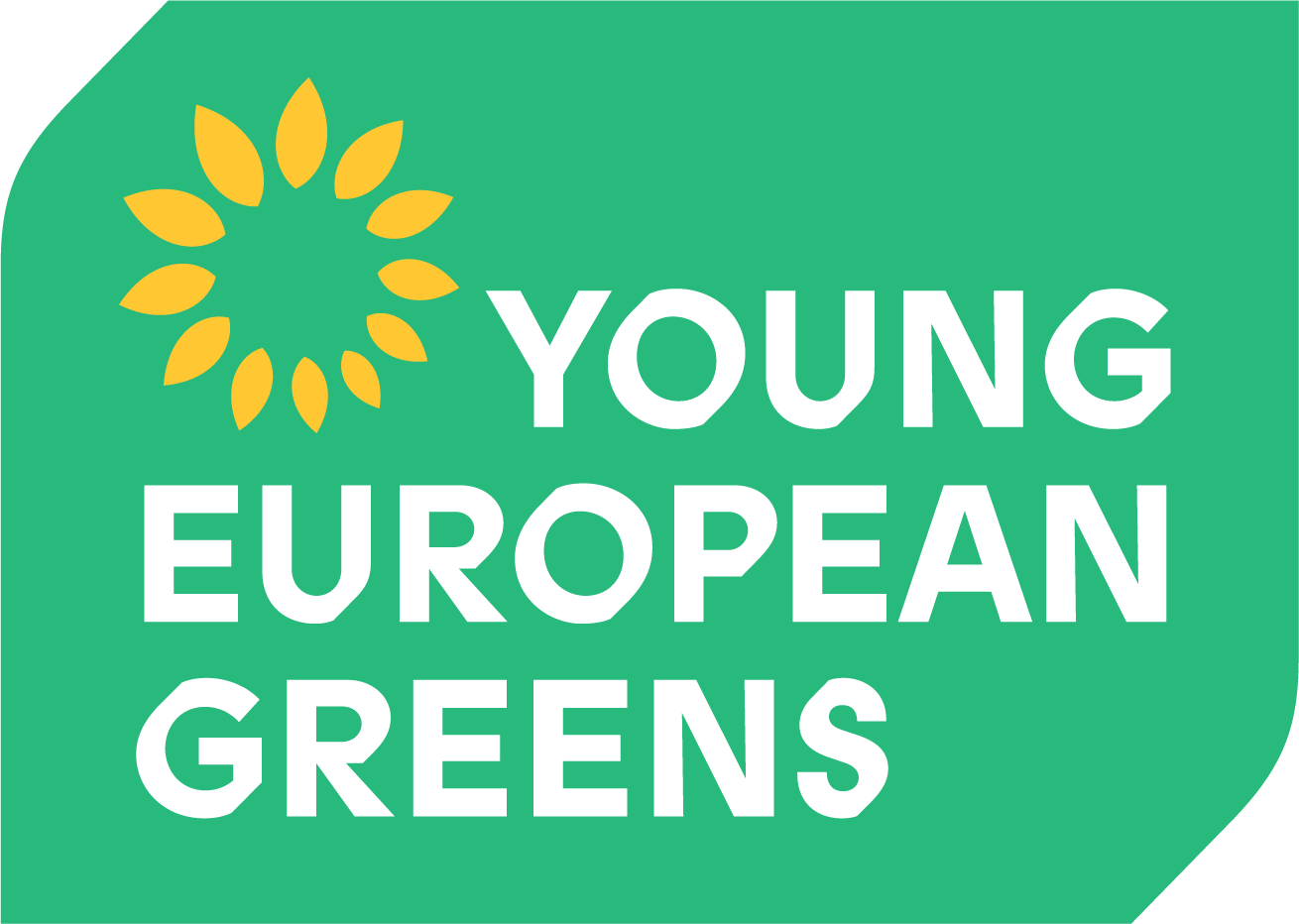| Consultation: | FYEG General Assembly 2023 |
|---|---|
| Agenda item: | 1. Resolutions |
| Proposer: | Young Greens of England and Wales, Scottish Young Greens, Neoi Prasinoi, Forum Mladih URA |
| Status: | Published |
| Created: | 04/13/2023, 21:33 |
R8: Addressing the Structural Issues Underlying the Tide of Disinformation
Motion text
What is Disinformation?
Disinformation is false or misleading information spread intentionally in order
to advance political or ideological goals, make profit, or create harm. It is
different to misinformation, which is false information shared unintentionally.
This resolution focusses on disinformation as it entails a motive to deceive,
therefore perpetrators are more culpable for its consequences. Further, tackling
disinformation reduces opportunities for misinformation to spread.
Why Should It Be Reduced?
Damage to Democracy
Disinformation undermines the democratic process by undermining access to
truthful and reliable information. For example, the outcome of the UK’s 2016
referendum on EU membership is thought to have been influenced by false and
misleading information spread intentionally through traditional and social
media.
Undermining Trust
Disinformation both propagates general societal distrust and thrives when social
distrust is high, creating a vicious circle. This was illustrated during the
COVID-19 pandemic, when disinformation about the virus led to distrust in health
messaging from governments and health organisations, reducing vaccine uptake and
health protective behaviour.
Impact on Marginalised Groups
Disinformation frequently entails the repetition of prejudiced and hateful
narratives and tropes designed to reinforce existing power hierarchies that
propagate racism, misogyny, xenophobia and transphobia. Further, marginalisation
leads to institutional distrust which increases vulnerability to disinformation.
For example, a disproportionate number of COVID-19 deaths among minority ethnic
groups throughout Europe was compounded by the proliferation of disinformation
in these communities’ media ecosystems.
Warfare
Disinformation forms part of information warfare: the use, control and
manipulation of information to advance a belligerents' goals in a military
conflict. For example, false narratives about the war were actively spread by
Russian state-controlled media and social media as part of the 2022 invasion of
Ukraine.
Environmental Impact
Disinformation has deeply worrying implications for the vital transition away
from fossil fuel dependency and unsustainable growth capitalism. Evidence shows
that oil and gas companies have long been aware of the risks their industry
poses to the climate, yet they have spread false information to instil doubt
about it, enabling them to continue business as usual.
For the health of our societies, our communities and our planet, it is essential
that we act to reduce, regulate and build resilience to disinformation. Our
calls are broken into three areas of action: traditional media, social media and
resilient societies.
1. Traditional Media
Limited ownership and control of traditional media creates the motive and
opportunity for a powerful minority to spread disinformation to consolidate
their power and grow their profit. To reduce disinformation, it is vital that
traditional media ownership is diverse and independent, and that free speech and
high quality journalism that holds power to account is not only preserved, but
incentivised.
FYEG calls for:
Recognition that media organisations are part of the infrastructure of
democracy and should be run for the benefit of society, not for limited
private and personal gain
Legislation to dismantle and prevent media monopolies (for example,
antitrust laws), so the power to create information and knowledge is not
held by a powerful minority
Greater protection and facilitation of high quality independent journalism
The formation of independent oversight bodies (or something similar to
suit the political and media ecosystems of different countries), separate
from both the state and private interests, to monitor, call out and
address disinformation
The EU to stand by its commitment to free press, prioritising it as a
central requirement to EU membership for both existing and candidate
members
2. Social Media
The advent of social media and algorithmically-driven news feeds have provided
new and powerful ways of disseminating disinformation, in a targeted fashion, to
enormous audiences, at once-inconceivable speeds. As a consequence,
disinformation has overwhelmed and infiltrated our lives, sowing distrust,
undermining democracy and threatening the health of our planet.
FYEG calls for:
Action to restrict social media companies’ use of algorithms that
prioritise engagement over content veracity and quality
Recognition of the damage caused and dangers posed to democracy by
analytics services that run social media disinformation campaigns for
clients
Collaboration with social media companies and governments to end social
media disinformation campaigns, both by analytics companies and state
actors
Recognition of the potential for disinformation posed by developments in
large language model artificial intelligence, and advocate for the pace of
progress in this field to be consistent with safeguarding the ethical
implications inherent within it
3. Fostering a society with greater resilience to disinformation
Increased uncertainty, such as housing insecurity, the cost of living crisis and
the climate emergency, and decreased trust in institutions, fostered by
structural oppression and negligent governance, makes people more susceptible to
the easy answers provided by disinformation. Tackling disinformation is a social
issue; disinformation-resilient societies require trust to be restored in the
social contract.
FYEG calls for:
Recognition that resilience to disinformation is a social issue, it is not
the responsibility of individuals alone to inoculate themselves against
disinformation
Efforts to be taken to reduce uncertainty and insecurity in citizen’s
lives to be part of disinformation interventions
Efforts to be taken to build and maintain a genuine basis for trust
between individuals and the social institutions that govern and influence
their lives to be part of disinformation interventions
Recognition that marginalised groups are both more often the targets of
disinformation and more vulnerable to the effects of disinformation, and
for addressing marginalisation and seeking the active participation of
marginalised groups to be part of any disinformation interventions
The development of media literacy education to increase understanding of
what disinformation is, how it is spread, how to spot it, and how to talk
about it with others, with a particular focus on social media
